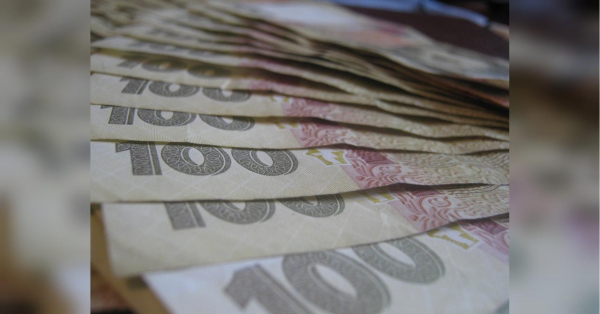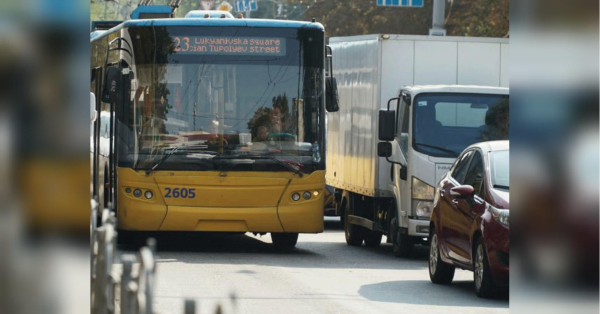
GENEVA — U.N.-backed experts Monday urged China to improve its courts' independence, share data on COVID-19, suspend construction of coal-fired power plants and “immediately" end human rights violations in its western Xinjiang region.
The call came among an array of recommendations to encourage Beijing to better respect basic rights.
China quickly lashed out at some of the findings released by the Committee on Economic, Social and Cultural Rights, which is made up of 18 independent experts and works with the U.N.'s human rights office. Beijing in particular blasted the panel's alleged acceptance of “false information and rumors” about rights in Xinjiang, Tibet and Hong Kong.
The committee's findings capped two days of hearings last month on China, one of six countries which had their turns this year at a regular review by the U.N.-backed body. China's review also included a look at the special administrative regions of Macao and Hong Kong.
The review also aired concerns about lack of transparency, corruption and “unsustainable debt levels” incurred by some countries that have taken part in the Belt and Road Initiative, a China-funded development project. It called on China to increase taxes on carbon emissions to help meet the Paris climate accord's goals, and do more to transfer wealth from coastal regions to poorer western inland regions.
Furthermore, China was urged to do more to protect the cultural diversity of its religious minorities, while Hong Kong was called on to set up an “independent national human rights institution" to monitor protections of human rights. The review cited a few “positive aspects” on labor rights, adoption of a human-rights action plan, and legal changes to combat domestic violence and boost parental leave time.
Chinese President Xi Jinping’s government has faced accusations that abuses have multiplied as Beijing tried to crush a pro-democracy movement in Hong Kong, carried out mass detentions of Muslim minorities and silenced labor, women’s rights and other activists.
The Chinese government deployed dozens of officials for the hearings, which offered a relatively rare opportunity for international rights advocates to face off with and question Chinese authorities.
In its rebuttal, the Chinese government insisted that discrimination was prohibited under the constitution and laws, which put “all ethnic groups on the same footing,” and defended the Xinjiang Uyghur Autonomous Region for having “strictly implemented” the law.
It provided a point-by-point rejection of the committee's findings on the Belt and Road initiative, judicial independence, and corruption, among other things.
"Observations cited and accepted some false information and rumors on Xinjiang, Tibet, and Hong Kong-related issues, did not pay due attention to authoritative information such as facts and figures provided by China," the government wrote. “The recommendations arising therefrom are untruthful, full of bias and double standards. China rejected those recommendations.”
Sourse: abcnews.go.com






